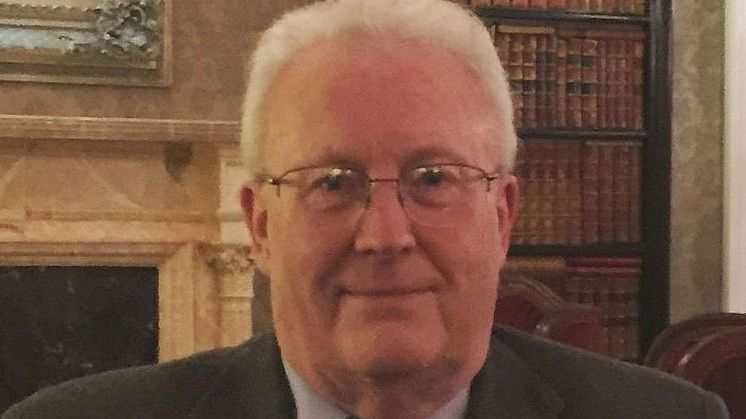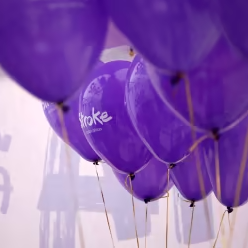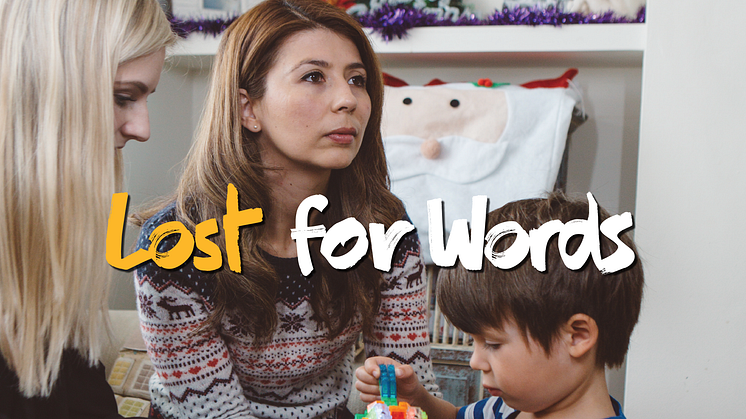
Press release -
West Country stroke survivor adds his voice to Lost for Words campaign
Stroke survivor Keith Petvin-Scudamore, 79, who lives in Bournemouth, is one of the thousands of people living with communication difficulties after a stroke.
Keith, a grandfather of two, had a stroke in June 2012 which left him initially paralysed on the right side of his body. Keith was unable to speak to begin with, but has now developed Foreign Accent Syndrome following his stroke, and talks with a strong French accent.
Keith said: “Having a stroke was terrifying; it was the unknown which I hated the most. After the stroke, I couldn’t speak, but thankfully, I could write notes on a notepad which made sense. My body felt like it had been hit by a bus, but getting my speech back was my biggest priority.
“I started speech therapy quite quickly. I had two hours in the morning and two hours in the afternoon. I was exhausted and would sometimes fall asleep during sessions. It was relentless, but my brain needed to be kick-started to produce speech again. I started with the alphabet and then talking about money. On the second day of being on the stroke unit, I was introduced to Leila Heydon, a Hospital Unit Visitor. Leila was very reassuring and supportive throughout my recovery. We’re still very good friends, and I regularly attend her coffee mornings for stroke patients. I owe a lot of thanks to Leila, she’s excellent at what she does and has really helped me.
“Gradually my speech returned and I learnt to speak more slowly to give my brain more time to form the words, but I soon realised that my accent was lost. The Somerset accent that I had for 73 years was replaced by something that sounded like a French accent. It was so surreal – it was coming out of my mouth, but didn’t feel like me.
“My Somerset accent has mostly returned, but I can still revert to a French accent for a couple of days, and I have no control over this. Recently at the doctor’s, a patient in the waiting room asked me how long I had lived in this country for. It’s sad to feel like part of you has gone, but I remain thankful that I have my speech.
“It’s not easy to overcome all the problems which have to be dealt with every day. Thankfully, my wife can dig deep for humour and understanding at times, and I am so grateful for that. My wife and I laugh about my mishaps which helps me with the bad days.”
 The Stroke Association’s Lost for Words campaign aims to raise awareness of the challenges stroke survivors with communication difficulties can face, and help and support available.
The Stroke Association’s Lost for Words campaign aims to raise awareness of the challenges stroke survivors with communication difficulties can face, and help and support available.
Caroline Griffiths, Support Coordinator at the Stroke Association, said: “After a stroke, around one in three people like Keithhave difficulty communicating, which can be both terrifying and isolating. But with the right help and support, many stroke survivors are able to find new ways to communicate, and can rebuild their lives.
“Keith has gone from strength to strength. I’m so proud of his recovery.”
More than 350,000 people in the UK have aphasia, a communication disability which can be caused by stroke. The Stroke Association is urging people to show their support for stroke survivors who are lost for words and make a donation. For more information, visit www.stroke.org.uk/lostforwords.
Topics












